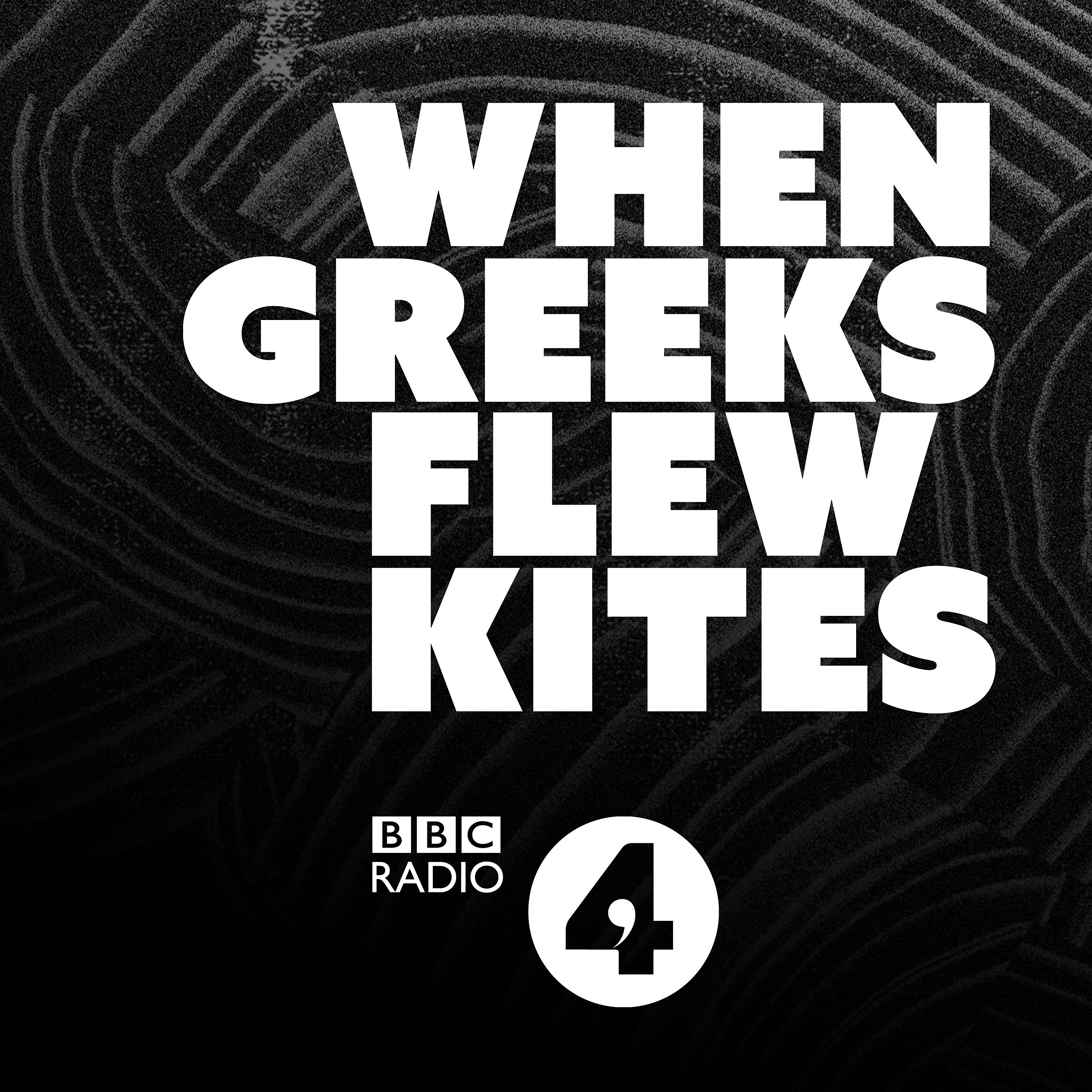- Other
- SEE MORE
- classical
- general
- talk
- News
- Family
- Bürgerfunk
- pop
- Islam
- soul
- jazz
- Comedy
- humor
- wissenschaft
- opera
- baroque
- gesellschaft
- theater
- Local
- alternative
- electro
- rock
- rap
- lifestyle
- Music
- como
- RNE
- ballads
- greek
- Buddhism
- deportes
- christian
- Technology
- piano
- djs
- Dance
- dutch
- flamenco
- social
- hope
- christian rock
- academia
- afrique
- Business
- musique
- ελληνική-μουσική
- religion
- World radio
- Zarzuela
- travel
- World
- NFL
- media
- Art
- public
- Sports
- Gospel
- st.
- baptist
- Leisure
- Kids & Family
- musical
- club
- Culture
- Health & Fitness
- True Crime
- Fiction
- children
- Society & Culture
- TV & Film
- gold
- kunst
- música
- gay
- Natural
- a
- francais
- bach
- economics
- kultur
- evangelical
- tech
- Opinion
- Government
- gaming
- College
- technik
- History
- Jesus
- Health
- movies
- radio
- services
- Church
- podcast
- Education
- international
- Transportation
- kids
- podcasts
- philadelphia
- Noticias
- love
- sport
- Salud
- film
- and
- 4chan
- Disco
- Stories
- fashion
- Arts
- interviews
- hardstyle
- entertainment
- humour
- medieval
- literature
- alma
- Cultura
- video
- TV
- Science
- en
Consider the Walrus: what can history tell us about the climate crisis?

b'
This month, Sarah Dunant looks to the past to help us think about the most pressing issue facing the world today - climate change. Although the problem is a relatively modern one, humans have been grappling with the damage that they inflict on the environment throughout history. \\n \\nScientists and campaigners are calling for urgent measures to halt the climate and ecological crises. While history might not be able to solve those problems directly it can tell us something about why governments and leaders do take action.\\n \\nAlice Bell was a historian of science and now works for the climate charity 10:10. She tells the story of Greta Thunberg\\u2019s ancestor Svante Arhennius, the Swedish scientist whose work first discovered the impact that carbon dioxide emissions could have on global temperature.\\n \\nBathsheba Demuth of Brown University tells the extraordinary story of how cold war national security concerns on the Arctic Soviet and US border led two superpowers to recognise the importance of the walrus, halting their drastic overhunting. \\n \\nThe University of Stirling\\u2019s Phil Slavin shows how environmental legislation and concern about clean air predates the industrial revolution by seven centuries, in the form of Edward I\\u2019s pioneering clean air legislation banning the burning of sea-coal, a concern that was only deepened by the impact of the Black Death.\\n \\nAnd the foresight of the Venetian Empire is explained by Joyce Chaplin of Harvard University, who details the meticulous planning and conservation of wood necessary to preserve its naval power and status for future generations.
Readers: Ruby Richardson and Peter Marinker\\nPresenter: Sarah Dunant\\nProducers: Natalie Steed and Nathan Gower\\nExecutive Producer: David Prest\\nA Whistledown production for BBC Radio 4
'